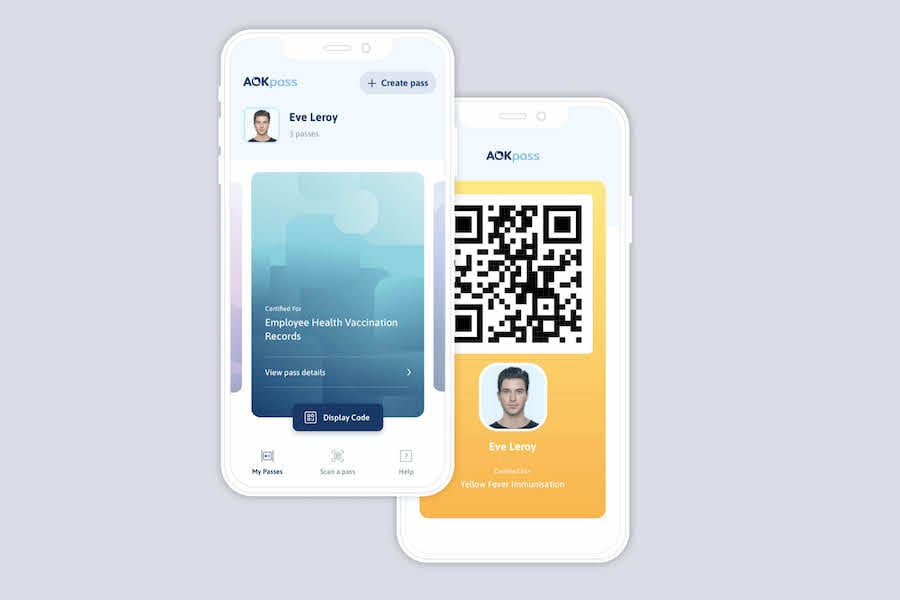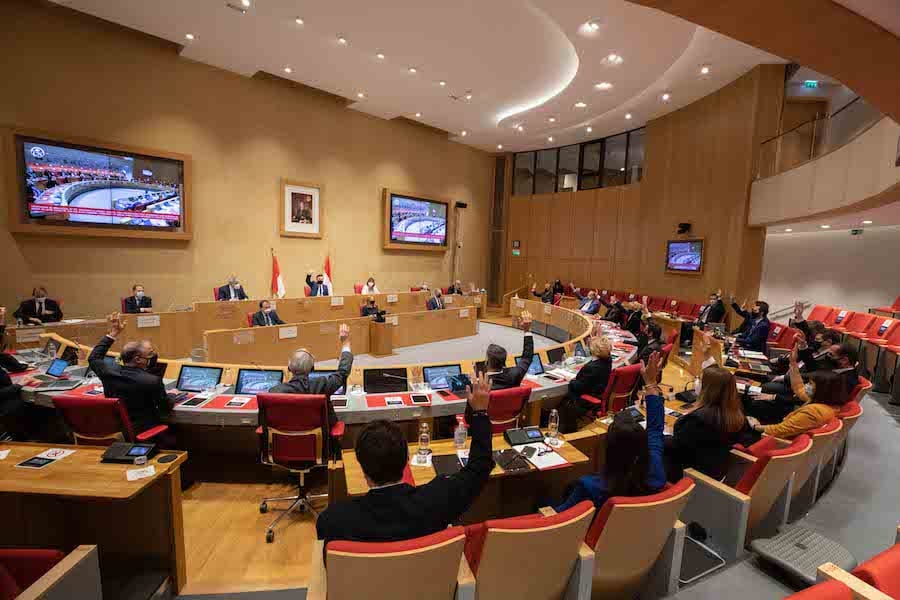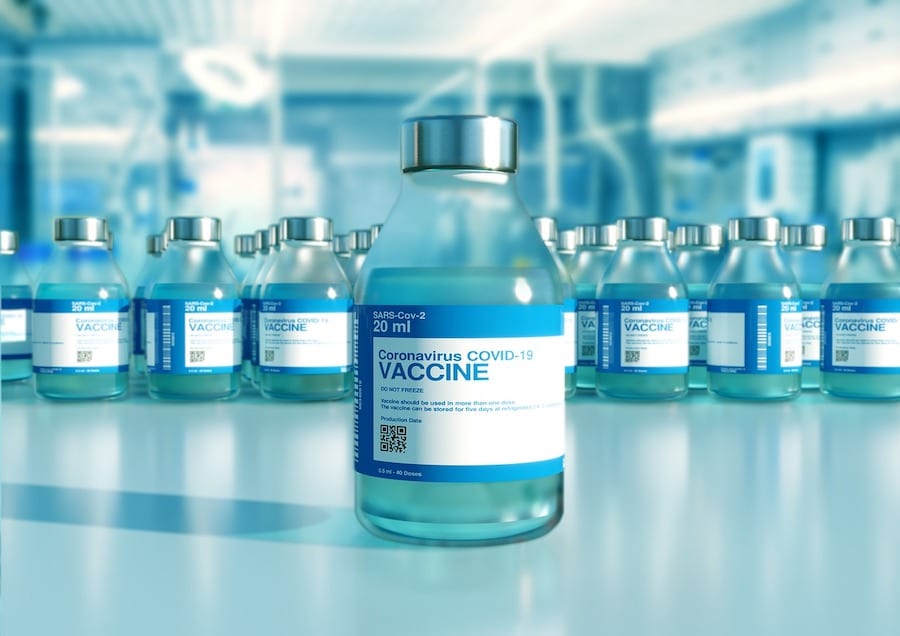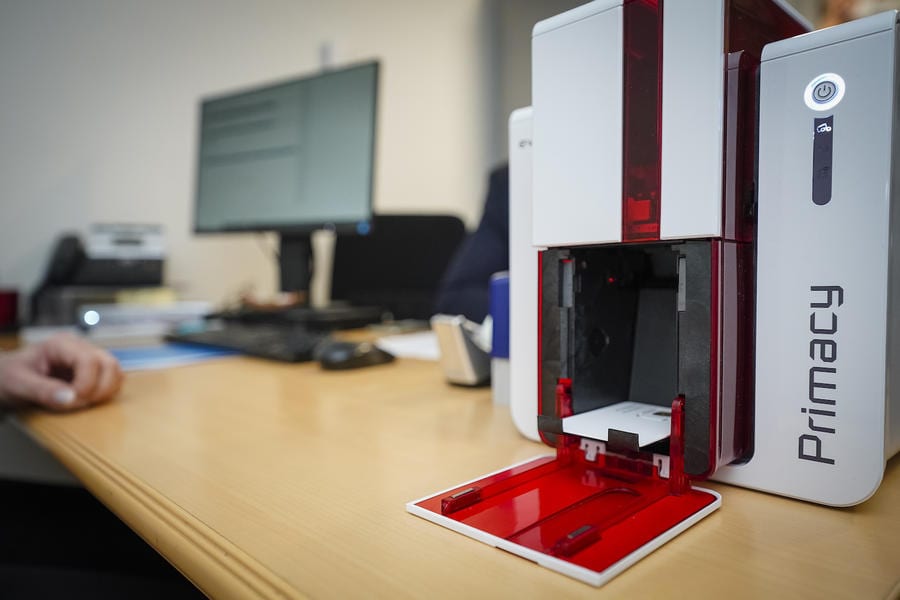Air France is now trialing a digital ‘health pass’ for Covid-free travelers on selected flights. The company says it will share the test results with other airlines in an effort to resume air traffic as swiftly as possible.
While France’s major airline made the announcement on 17th February, the company began testing the digital pass on several flights to Guadeloupe and Martinique on Thursday.
It comes exactly one year to the day, 11th March, when the World Health Organisation declared a worldwide pandemic. The air travel industry has been in freefall ever since.
The AOKpass is a mobile app that allows a secure record of the results of a passenger’s Covid-19 test carried out in one of two partner laboratories.
Once at the airport, passengers present the certificate on the app – a QR code – instead of a paper test.
According to Emmanuelle Ferracci, in charge of the project at Air France, the app will make boarding easier for passengers, who will have a dedicated queue and will be able to swiftly present the QR code before boarding.
“The objective is to prepare for the future, since in the long term we will have to come up with solutions to be able to resume air traffic. And this ‘health pass’ will be a part of that,” she said.
The International Air Transport Association, which brings together most of the global sector, has been working for several months on a digital passport allowing passengers to prove their health status before boarding.
Air France’s test phase for the AOKpass will last one month and involve flights departing from Roissy-Charles de Gaulle (Paris) to Pointe-à-Pitre (Guadeloupe) and Fort-de-France (Martinique).
It will be carried out on a voluntary basis in order to test the operation of the app in real conditions and to find out the opinions of test clients. Air France says it will share this feedback with the other airlines in the Skyteam alliance, which are currently testing various solutions for digitising health documents.
Air France has assured that it will not keep any personal data on passengers and only the laboratories will have access to that information.
Over the next few months, the app could also include proof of vaccination, but for now debates surrounding a “vaccine passport” are far from settled, despite a strong push in that direction by the aviation sector.
French airline experiments with AOK travel pass





